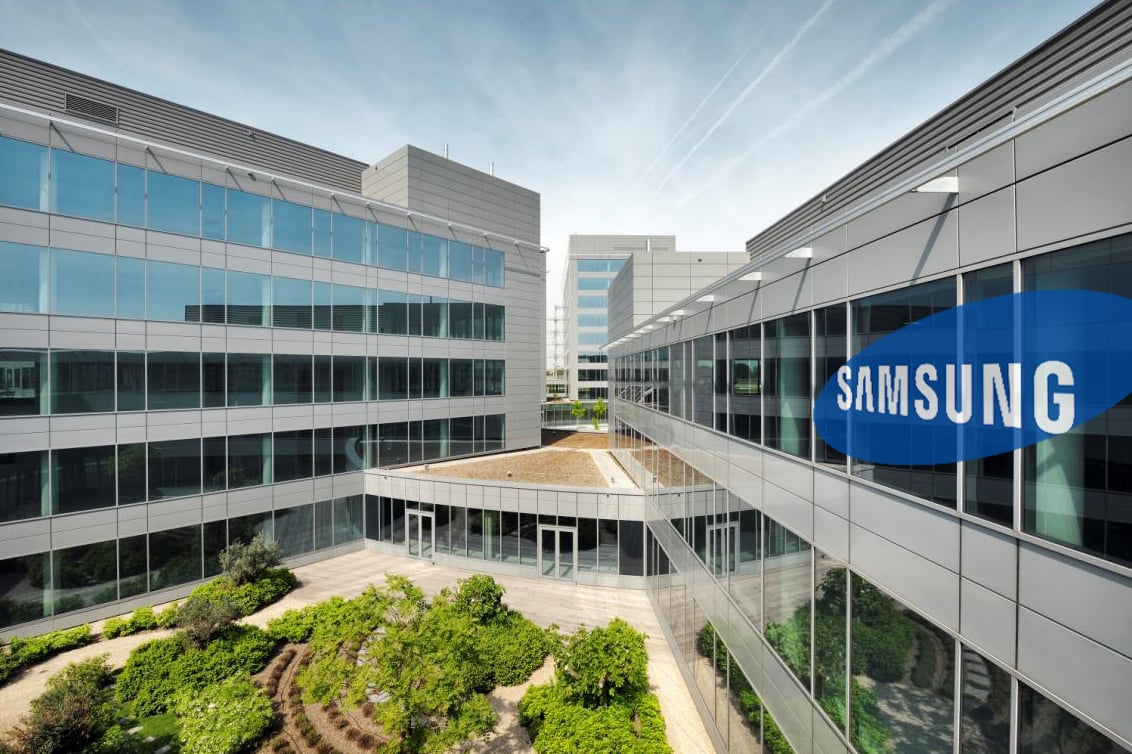At one point, South Korea had the second highest number of COVID 19 (coronavirus) infections outside China. It became a full-blown pandemic in the weeks that followed, with the virus wreaking havoc across the globe, particularly in Europe and North America.
Businesses have taken a substantial hit because of the pandemic with revenues drying up and widespread supply chain disruption. Samsung, one of the largest companies in South Korea, had much to lose as well yet, the company was quick to realize the threat and made adjustments accordingly to keep its supply chain intact.
Samsung's quick response enabled it to avoid disruptions
The Financial Times provides some insight into Samsung's response to the virus. Even though the threat appears to have subsided in South Korea with life gradually returning to normal, a team of senior executives at its headquarters in Suwon continues to work hard to react to the changing global dynamics. Kim Seog-gi, the head of Samsung’s coronavirus response task force, points out that the virus is still spreading across the globe and that “it is imperative not to be complacent.”
Samsung's early and decisive action is a major reason why it hasn't faced any substantial disruptions to its supply chain. It formed the task force and started preparations soon after the first case was reported in South Korea on January 20. Even the government at that time had said that the threat was low and that businesses should remain focused on growth.
Kim points out that Samsung's biggest worry was that secondary infections could happen within its factories and if that happened, it would have been a big problem. The task force was quick to take stock of its capacity to provide employees with basic protective equipment. Realizing that global supplies of these items would become constrained, the task force launched an urgent global effort to secure supplies. Samsung even sent its own engineers to suppliers' factories in order to help them increase production.
Samsung also leveraged experiences with the SARS and MERS epidemics. It wasted no time in installing thermometers and infrared cameras to monitor people's temperatures at site entrances. It also issued new guidelines for distancing, isolation and hygiene across its entire global network. Kim said four to eight weeks before the massive outbreak in Europe and the United States, Samsung's factories abroad were prepared to tackle the situation. “We had difficulties sourcing PPE, but we did not have shortages,” he added.
The company had to scramble to contain infections at its sites after several of its employees tested positive. It quickly shut down its Gumi plant where devices like the Galaxy Fold and Galaxy Z Flip are made for disinfection. Samsung also used its internal security system in addition to the government's contact tracing system to trace where the infected workers had been and who they came into contact with in order to quickly identify and isolate potential carriers of the virus.
By mid-February, sudden border closures across the globe had restricted the movement of goods. To ensure that its production wasn't affected, Samsung took the radical step of flying components for its smartphones to Vietnam instead of trucking them from China like it normally does. Samsung has also worked with the South Korean government to obtain special exemptions from foreign embassies so that it can send engineers to factories across the globe on chartered flights.
Samsung hasn't had to make any sweeping changes to its business plans because having multiple manufacturing sites gave it enough flexibility to keep production going even as the pandemic raged on. With the situation largely under control in South Korea now, Samsung has abandoned the plan to shift some smartphone production from its Gumi plant to Vietnam and is actually considering shifting more production to the Gumi factory.
It was in a unique position because it's not reliant on factories in China for production. Most of the assembly for Samsung's smartphones is done in Vietnam and other countries, that gave Samsung enough time to take measures at a time when the world hadn't come to terms with the scale of disruption the pandemic would cause.
Samsung will inevitably see the impact of this on its balance sheet as demand for consumer products in particular is projected to slide, but at least the company has been able to maintain its operations, which is not a small feat these days.






